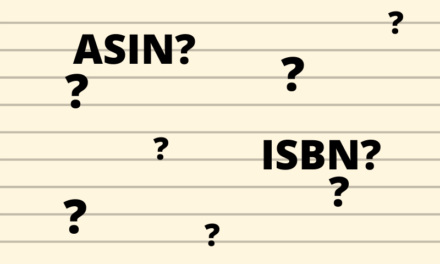
It’s the end of a long work day. You finish dinner and family obligations, possibly get some exercise, and pack your lunch for the next day. It’s 7:45 p.m. and you’re finally sitting down to write. And that’s when it hits you—not inspiration, but a sudden lack of motivation that has you wanting to head down the stairs and onto the couch to watch the next episode of your current Netflix obsession.
Okay, maybe that’s not exactly how it works for you. But sometimes, that’s how it works for me. Whether you call it writer’s block, procrastination, or simply being tired, we all experience it.
There’s lots of advice out there for handling writer’s block, and much of it is good. I like Jack London’s timeless and true advice: “You can’t wait for inspiration. You have to go after it with a club.”
What does that club look like, exactly? For Maya Angelou, the club was simply the act of writing, even if the content was poor. She’s quoted as saying, “Nothing will work unless you do.”
For Mark Twain, the club was the process of breaking down overwhelming tasks into smaller pieces, then tackling the first one. For English novelist Hilary Mantel, the club is taking a break to do something that will “create a space” for your words to begin flowing. For example, taking a walk, meditating, listening to music.
Here are three “clubs” I use to chase my way out of procrastination and get moving once again toward the finish line of my work. Maybe one of them will help you, too.
1. Research.
We all know that writing involves research, and that’s especially true for my genre, nonfiction. If I can’t figure out where to pick up my writing, I do some research on some aspect of my topic to stay productive while letting new ideas begin to take shape.
2. Write what you really feel like writing.
Maybe you’re “supposed” to be working on chapter 2, but your mind is focused on a concept in chapter 4. Or maybe it’s something completely unrelated to your current project. I might feel like scratching down a haiku that I never intend to publish. It doesn’t matter. It’s writing, and I use that to get me going—kind of like scribbling with a pen until the ink starts flowing.
3. Read.
Reading good writing inspires me to write since it takes me directly back into the world of the written word and the satisfaction of creatively arranging my thoughts on paper. The idea is to read a little and then get back to the keyboard; avoid the temptation to keep reading and not get to writing. This is one reason I often read a poem or a few haiku when I’m feeling unmotivated.
Try these tips to help you get unstuck and to keep writing from becoming a chore or a burden. Your writing project might sometimes feel like an obligation. But remember, the obligation is to yourself: to finish the work you’ve started, so you can get on with making it available to the people who want to read it.





